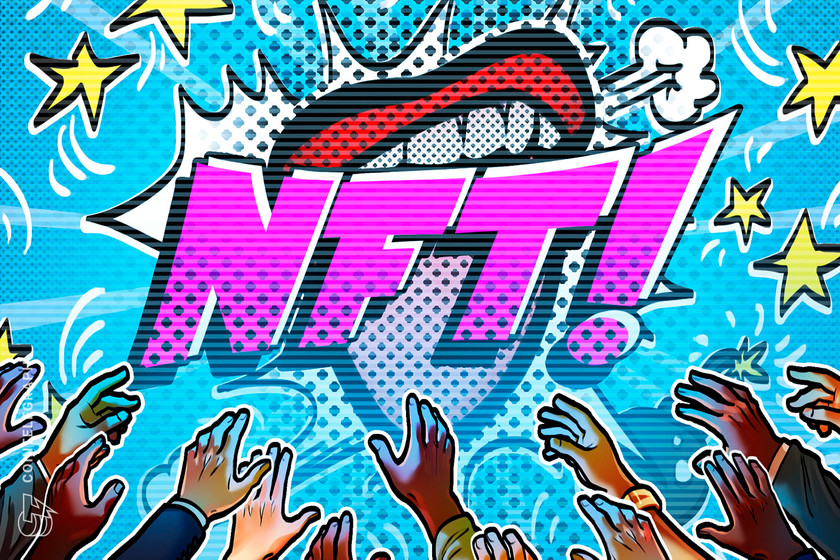SEC accuses Utah firm of ‘fraudulent’ $18M crypto mining scheme


The United States Securities and Exchange Commission said Green United’s operation was a fraud, with the community quick to quell fears of the SEC classing crypto mining as a security.
Software and crypto mining equipment offered by the Utah-based Green United LLC was part of an $18 million “fraudulent scheme” that never mined the crypto it said it would, according to allegations by the United States Securities and Exchange Commission (SEC).
The regulator filed a complaint in a Utah District Court on March 3 against Green United, its founder, Wright Thurston, and contracted promoter Kristoffer Krohn.
The complaint alleges the company and the two representatives fraudulently offered securities between April 2018 and December 2022 by selling investments in $3,000 “Green Boxes” and “Green nodes” purported to mine the GREEN token on the “Green Blockchain.”
Investors were allegedly told the firm was to develop the Green Blockchain to create a “public global decentralized power grid,” and the GREEN token would increase in value based on its efforts with returns of up to 50% a month.
However, the SEC claimed the hardware sold didn’t mine GREEN as it was an Ethereum-based ERC-20 token that could not be mined and the Green Blockchain didn’t exist.
It added the GREEN token was created “several months” after the first hardware sales to investors and was periodically distributed to “create the appearance of a successful mining operation.”
Instead the real scheme, according to the SEC, was using the funds to buy S9 Antminers — Bitcoin (BTC) mining rigs — which were passed off as the Green “boxes” and “nodes” to investors. The firm mined Bitcoin, not GREEN tokens, which the investors “did not receive.”
Is the SEC going after mining?
Meanwhile, the crypto community on Twitter has hosed down one interpretation of the SEC complaint, which suggests that the SEC is going after crypto miners arguing that selling miners or offering hosting for them is a securities investment contract.
The take came in a March 6 tweet from pseudonymous lawyer “MetaLawMan.”
However, crypto advocate and investment adviser Timothy Peterson argued the interpretation was a “bad take,” adding the case doesn’t “target mining in general.”
Somewhat of a bad take; the SEC's case does not target mining in general, but a specific ASIC that was supposed to mine an ERC-token but instead mined #bitcoin for the ASIC sellers. Alleged fraud. Agree the "investment contract" application to this case is a stretch. But the #SEC… https://t.co/KK5cVqFCAi
— Timothy Peterson, CFA CAIA (@nsquaredcrypto) March 6, 2023
“The SEC is not saying ‘all sales of mining equipment is now a security,’” Peterson clarified.
Related: Lawmakers should check the SEC’s wartime consigliere with legislation
Another crypto commentator, Dennis Porter, CEO of the Bitcoin advocacy group the Satoshi Action Fund, tweeted that “the SEC is not coming after mining” and it “did not classify hosting as a security” and said Green United’s operation was “a scam disguised as mining.”
Please see official documents here explaining what was actually happening.
A scam disguised as mining. pic.twitter.com/1pUMk1M5NM
— Dennis Porter (@Dennis_Porter_) March 6, 2023
The SEC has asked for a court order to require Thurston, Krohn and Green United to cease operations, seeks civil penalties for securities law violations and repay the $18 million in allegedly ill-gotten gains.



























